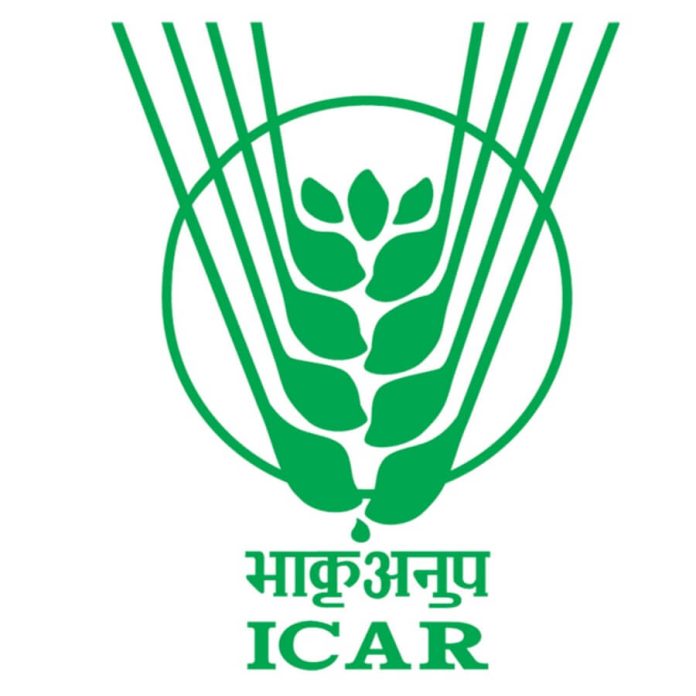The Indian Institute of Oilseeds Research (IIOR), part of the Indian Council of Agricultural Research, has introduced a biopolymer technology aimed at revolutionising seed protection and improving crop yields.
IIOR introduced Biopolymer technology which is developed by KSVP Chandrika and RD Prasad, is expected to enhance agricultural productivity across the country.
How the Biopolymer Technology Works
The advanced technology utilizes a unique biopolymer to coat seeds, which slowly releases essential nutrients, beneficial microbes, and safer chemicals directly to the plant.
By doing so, it ensures optimal plant growth and resilience. The seed coating delivers nutrients while protecting against pests and diseases, fostering stronger plants that can thrive in a variety of conditions.
Significant Impact on Crop Yields
The biopolymer technology is expected to increase crop yields by 25-30%.
By providing continuous nourishment and safeguarding the plants, this technology supports healthier crops, helping farmers achieve higher productivity with fewer inputs.
Furthermore, the technology boosts plants’ resistance to climate change, offering a sustainable solution to environmental challenges.
Cost-Effective Solution for Farmers
The biopolymer coating combines several beneficial inputs in one, which can reduce the need for multiple applications of fertilizers and pesticides.
As a result, farmers stand to benefit from cost savings and reduced labour requirements, enhancing their overall efficiency and profitability.
IIOR Partners with Private Companies
To ensure the broader adoption of this promising technology, IIOR has signed a memorandum of understanding (MoU) with two private seed companies.
The partnership will enable the commercialisation of the biopolymer technology and make it accessible to farmers across India, further contributing to the growth of the agricultural sector.
IIOR’s Extensive Germplasm Collection
The IIOR also boasts a diverse germplasm collection, which includes varieties of important oilseeds. These include 3,289 types of castor, 3,624 types of sunflower, 7,027 types of safflower, 1,700 types of sesame, 2,885 types of linseed, and 3,524 types of niger.
As reported by thehindubusinessline.com, the vast repository of genetic material plays a crucial role in supporting ongoing research and development efforts.
































